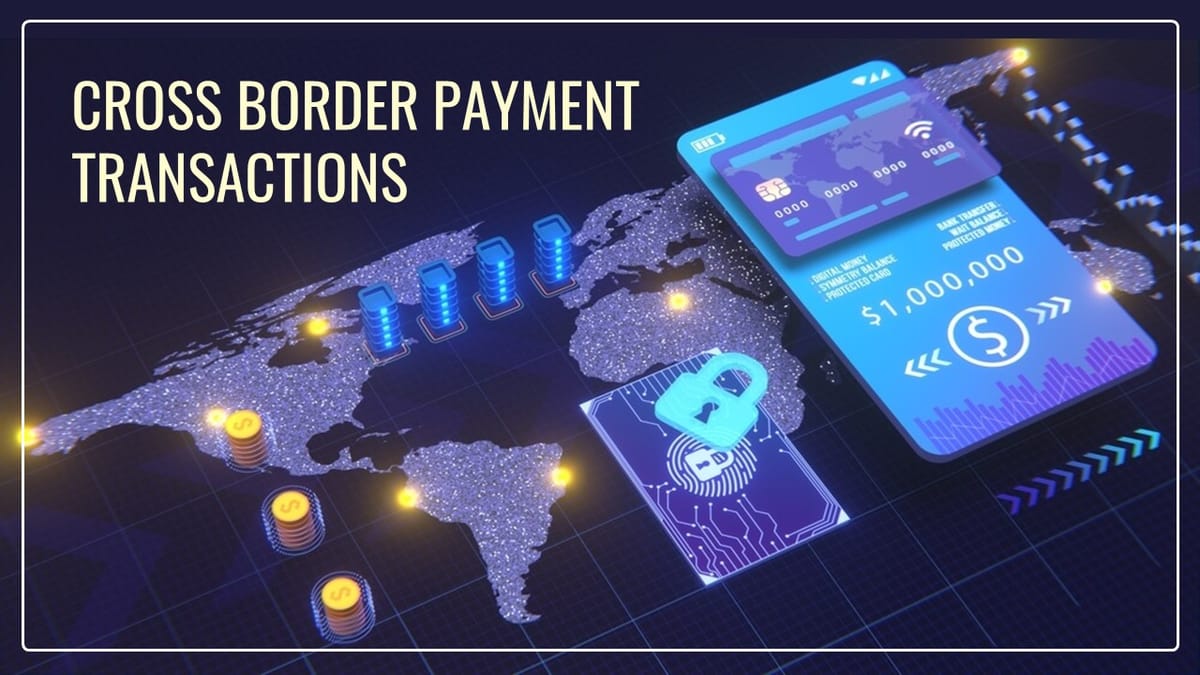The RBI stated in a circular issued that it will directly regulate all firms that facilitate cross-border payment transactions for the import and export of goods and services.
Reetu | Nov 2, 2023 |

RBI to directly regulate entities facilitating cross border payment transactions
The Reserve Bank of India (RBI) stated in a circular issued on Tuesday that it will directly regulate all firms that facilitate cross-border payment transactions for the import and export of goods and services.
According to the circular, such organisations would be considered Payment Aggregator-Cross Border (PA-CB).
“Keeping in view the developments that have taken place in the area of cross-border payments, it has been decided to bring all entities facilitating cross-border payment transactions for import and export of goods and services under direct regulation of the RBI,” according to the circular.
Currently, all Payment Aggregators (PA) that allow the online processing of domestic transactions are subject to RBI regulations.
The RBI clarified the minimum net worth of non-banks that provide payment aggregator services. According to the new circular, non-banks providing PA-CB services must have a minimum net worth of Rs.15 crore when applying to the RBI for authorization, and a minimum net worth of Rs.25 crore by March 31, 2026.
The circular also outlined the requirements for PAs to follow when conducting online transactions. For new non-bank PA-CBs, a minimum net worth of Rs.15 crore is required at the time of application and a minimum net value of Rs.25 crore at the end of the third financial year of authorisation.
“In respect of import and export transactions processed by PA-CBs, the maximum value per unit of goods/services sold/purchased shall be Rs.25,00,000,” the circular added.
In its circular, the RBI also outlined protocols for PAs to follow when conducting online transactions. It further stated that banks engaging in PA-CB activity must meet the requirements for PA-CBs by April 30, 2024.
Payment Aggregators facilitate payment transactions between e-commerce sites and customers. PAs enable e-commerce sites and merchants to accept numerous payment mechanisms from clients in order to meet their obligations. This prevents merchants from having to build their own systems. A typical consumer payment transaction comprises PAs collecting money from clients, pooling it, and transferring it to merchants.
In case of any Doubt regarding Membership you can mail us at [email protected]
Join Studycafe's WhatsApp Group or Telegram Channel for Latest Updates on Government Job, Sarkari Naukri, Private Jobs, Income Tax, GST, Companies Act, Judgements and CA, CS, ICWA, and MUCH MORE!"